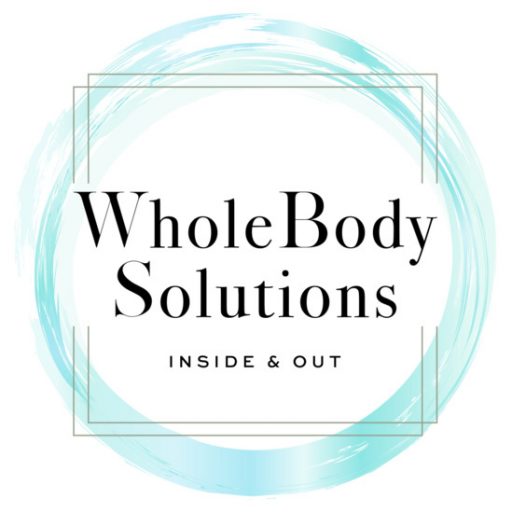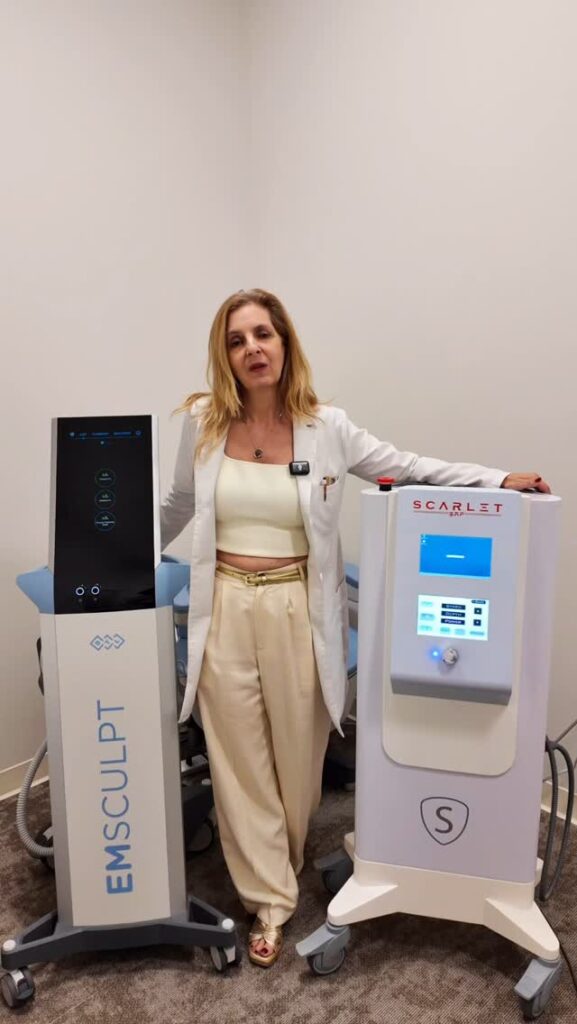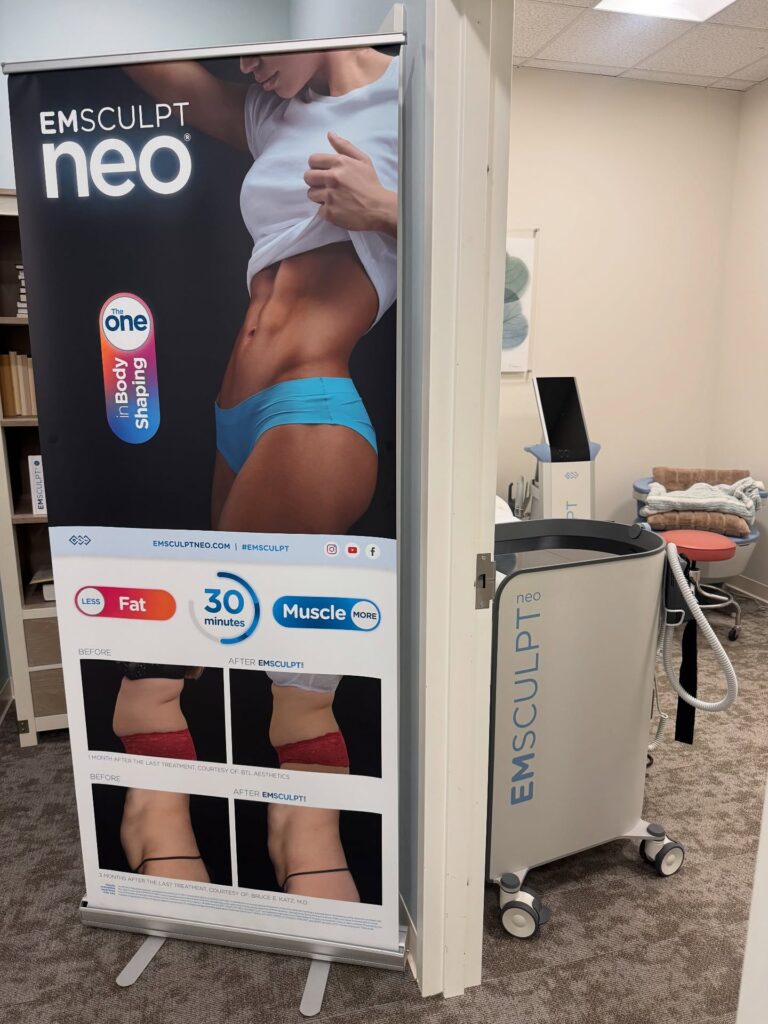Modern living is often very busy and between work and personal responsibilities, it is more important than ever that you pay attention to your health. The prevalence of over-processed foods, fast food, and foods containing high amounts of fat, salt, and cholesterol can easily make your daily diet unhealthy, which can lead to weight gain, physical ailments, and an overall reduction in your daily quality of life. Vegan diets have become more popular in recent years and can be an effective way to make sure the food you eat keeps you healthy.
Advantages of a Vegan Diet
A diet composed of only plant-based sources offers you many advantages and can improve your overall wellbeing. Vegan diets are reported to be low in cholesterol which can improve heart health, can help you lose weight, make diabetes easier to manage, and can help lower the odds of some types of cancer. A vegan diet can allow you to live a healthy life and if your family has a history of certain health issues, provide peace of mind. However, you need to carefully plan your diet and make sure you’re eating a proper mix of vitamins, minerals, and nutrients.
Areas of Concern
Any diet can be unhealthy if you are not attentive to what you’re eating and how you’re caring for yourself. A vegan diet has its specific areas of concern that you need to be aware of, so you can stay healthy and enjoy all the benefits a vegan diet can offer. Two common areas of concern are amino acids and proper protein intake.
Amino Acids
Your body produces many of the amino acids it needs without any diet or outside needs. However, there are nine amino acids you can only acquire through a healthy diet. These nine essential amino acids are found in many foods. However, while on a vegan diet you have to make sure you’re eating the proper (and diverse) amount of these food items. Two amino acids of particular concern to vegans are lysine and methionine. For lysine, you can find it in soybeans, oatmeal, peanut butter, wholewheat bread, broccoli, and some nuts such as cashews and pistachios. Methionine is found in oatmeal, peanuts, wholewheat products, broccoli, sunflower seeds, and soy products.
Protein
While vegan diets are often low in fat they are not necessarily low in protein provided you make sure your diet has enough variety. Mixing a blend of soy products, various beans, nuts, peas, and seeds you can ensure you’re getting healthy amounts of protein in your daily diet.
Vegan Supplements
Like any other diet, there are supplements to help vegans with areas of their diet they may feel they are lacking in. Supplements can ensure that you are getting all the nutrients you need. Even if you’re carefully managing your diet supplements can add to your daily nutritional intake and can be an easy way to add additional amino acids and proteins. This can be especially useful if you’re very active or work out regularly. As this fact sheet shows many vegan supplements are not only focused on your dietary needs but are also of the highest quality. By reviewing more info you can ensure the supplements you’re taking can help you meet your goals for healthy living.
Final Thoughts
Your health is one of the most valuable things you have and something you should strive to take care of. Unfortunately, the businesses of modern life can cause proper self-care to fall by the wayside. Your diet is a key aspect of your overall physical health, wellbeing, and in many cases longevity. A vegan diet is followed by people from all walks of life and several athletes in the highest levels of competition are also vegans, a testament to how healthy such a diet can be. With proper planning, and supplements a vegan can change your life for the better.


 Opened more than 30-years ago by Dr. Ann Doggett, WholeBody Solutions is a holistic wellness center whose mission is to provide the community with safe, effective, and natural answers to health and wellness concerns. Our all-encompassing wellness center focuses on the following drug-free services: Nutrition, Chiropractic, Acupuncture, and Weight Loss. Our goal is quite simple – to make sick people well and to keep healthy people healthy. It’s that simple and that powerful.
Opened more than 30-years ago by Dr. Ann Doggett, WholeBody Solutions is a holistic wellness center whose mission is to provide the community with safe, effective, and natural answers to health and wellness concerns. Our all-encompassing wellness center focuses on the following drug-free services: Nutrition, Chiropractic, Acupuncture, and Weight Loss. Our goal is quite simple – to make sick people well and to keep healthy people healthy. It’s that simple and that powerful.

